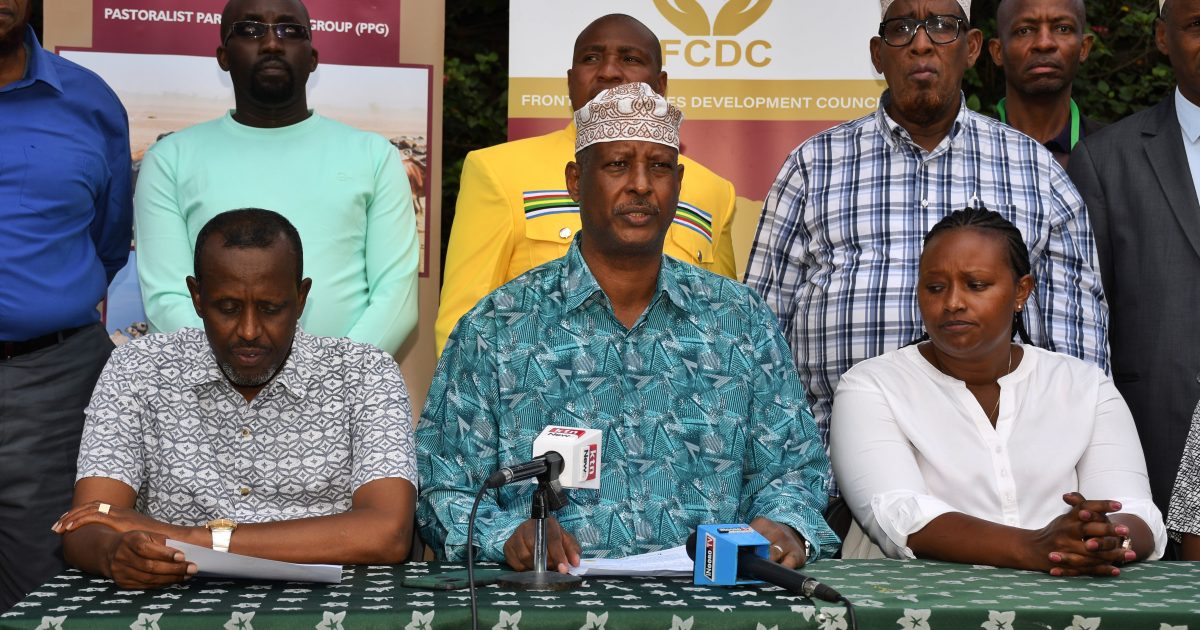Kenya is expected to rake in billions of shillings from the local leather industry, once the move by the East African Community legislative organ to impose a ban on the export of raw leather, is actualized.
Already, the Arusha-based Regional Assembly has passed a motion promoted by EALA Legislator, David Ole Sankok, seeking a ban on the export of raw leather from the region and the importation of leather products into the block.
Speaking in Naivasha during a Pastoralist Parliamentary Group meeting, Sankok said the ban on the export of raw leather, will be a game changer to the country’s economy, while creating thousands of jobs for youths.
Sankok said the country slaughters 3.5 million heads of cattle every yea,r out of 15.3 million slaughtered within the EAC, but still heavily relies on the import of leather products, including over 25 million pairs of leather shoes.
In addition, Sankok said the EAC ban on the export of raw leather will unlock over 30 billion USD in the leather industry, where Kenya is set to earn 28 million USD through local production and sale of leather shoes.
“The ban will cater to a readily available market for the 25 million leather shoes and other franchises that are imported while sourcing for export of finished leather products to the outside world,” said Sankok.
Sankok explained that the motion passed by the East African Assembly is awaiting assent by heads of government during the upcoming Heads of State Summit scheduled later this year tomakeitlaw for the ban to be enforced legally.
Saku MP Dido Rasso Ali said the completion of Sh850 million state-of-the-art abattoir in Isiolo will enhance the promotion of value addition to livestock products for markets.
Dido said the abattoir with the potential to slaughter 100,000 cattle daily would unlock the pastoralists’ economy, boost farmers’ revenue, and create thousands of jobs for locals.
The MP called on the government to enhance the conservation of rainwater in the region to cushion the farmers from huge losses during drought seasons.
Kajiado Central MP, Elijah Kanchori ,called on pastoralist counties to invest more and build capacities for local production and storage of fodder to be used by farmers during the dry season.
Kanchori said investments in fodder and disease control measures will cushion farmers from huge financial losses noting that the last drought season led to the loss of 3 million heads of cattle with an estimated value of Sh150 billion.
Kajiado Woman Representative, Leah Sankaire, called for subsidies targeting pastoral communities and financial waivers on loans defaulted as a result of unforeseen calamities caused by climate change.
Consequently, the members also committed to initiating legislation that will unlock the full potential of the livestock sector while ensuring that all laws passed by Parliament are implemented.
Mandera North MP, Bashir Abdullahi, said the members will enhance collaboration with county governments to promote cooperatives and increase funding for fodder production, disease control, and marketing of products.
By Erastus Gichohi




